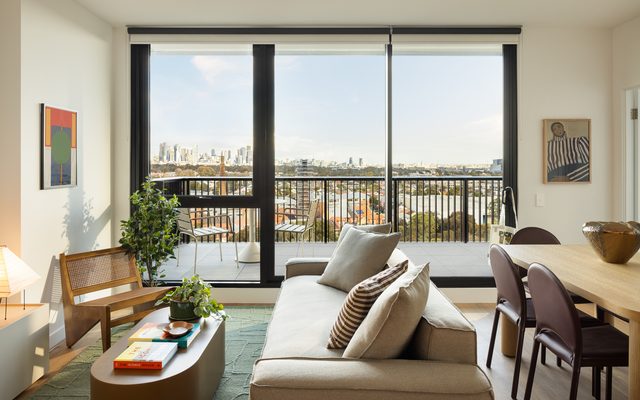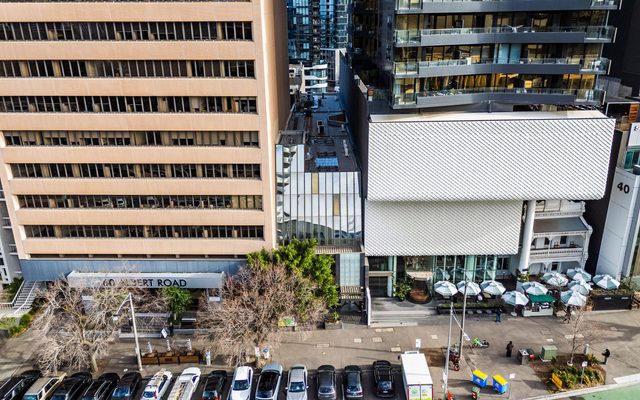This article is from the Australian Property Journal archive
THE Western Australian government is delivering new regulations for short stay rentals across the state, with incentives to return properties to the long-term rental market amidst shrinking supply.
The Cook government announced the new regulations for un-hosted Short-Term Rental Accommodation (STRA) and an incentive aimed at returning some properties to the long-term rental market to help increase housing supply.
“Short-term rental accommodation remains an important part of Western Australia’s tourism offering,” said Roger Cook, premier.
“However, it is impossible to ignore the impact this increasingly popular type of accommodation has had on some local neighbourhoods and communities.”
All short-term rental accommodation providers will now be required to register properties in a newly established state-wide register for all STRA properties.
The reforms will also mandate the registration of all STRA properties and introduce planning requirements for STRA properties in the Perth metropolitan area, including the need for planning approval for un-hosted STRA properties.
Property owners will now be required to register all STRA properties in WA before being able to advertise and take bookings, including on online booking platforms.
With registrations expected to open mid-2024 and all STRA properties, including those that do not require planning approval (such as hosted STRA properties), required to be registered by 1 January 2025.
While the new $10,000 STRA incentive scheme, to be on offer for six months, will encourage property owners to return their STRA properties to the long-term rental market.
To qualify for the $10,000 STRA Incentive Scheme payment, you must have already had an entire property for rent on short-stay booking platforms, such as Airbnb or Stayz, within the past six weeks.
Applicants will be required to provide a minimum 12-month lease agreement to new, long-term tenants through the Residential Tenancies Act 1987.
A maximum rent chargeable by location will also apply, including a maximum rent of $800 per week in Perth (including Mandurah) and $650 in the South West.
“It’s acknowledged that there is no single solution to ease the current tight rental market, which is why our Government continues to drive a range of reforms to increase housing stock,” said Sue Ellery, commerce minister.
“The Short-Term Rental Accommodation Incentive Scheme aims to bring some short-term rentals back to the long-term rental market.”
The reforms are responding to the parliamentary Inquiry into short-stay accommodation, which recommended the establishment of a State-wide registration scheme and updates to planning guidance for STRA properties.
“The state government has recognised the need to balance regulation in the short-term rental accommodation sector – as is being done across Australia and overseas,” said Rita Saffioti, treasurer.
“There is a need to ensure that there are sufficient and affordable houses on the long‑term rental market while recognising STRA plays an important role in the tourism accommodation sector, which is of critical importance to many regional communities in WA.”
Victoria recently introduced its own short stay accommodation reforms in its Housing Statement, which outlined the country-first 7.5% The Short Stay Levy,
Additionally, planning requirements in the Perth metropolitan area are set to be changed, with approval required from the local government for un-hosted STRA that operate for more than 90 nights.
While in regional areas, including the Peel region, local governments will determine when planning approval is required.
In the Perth metropolitan area, un-hosted STRA property owners will be exempt from having to obtain development approval if the property is not rented for more than 90 nights in a 12-month period.
If an un-hosted STRA will be rented more than 90 nights across the year, the property owner must seek planning approval from their local government.
“My government has consulted extensively with industry, stakeholders and the community to develop these reforms, which will create a more level playing field with traditional accommodation providers while ensuring regulation is in place to manage impacts on neighbourhoods and housing supply for local communities,” concluded Cook.
“We are also doing everything we can to get more housing and rental properties onto the market quickly to help meet current demand, and I encourage owners of short-term rental accommodation to consider the new incentive and other benefits of transitioning their property to the long-term market.”




